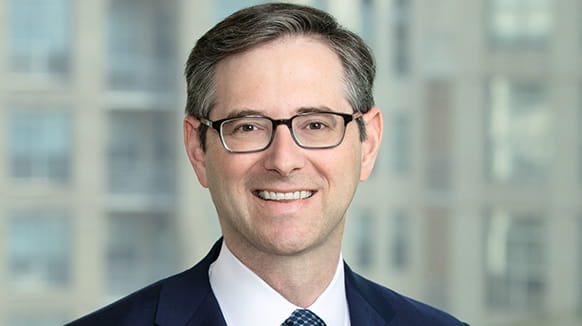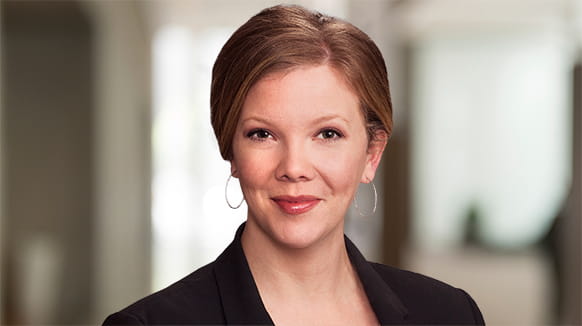A Haynes Boone litigation team led by Ben Mesches, Leslie Thorne and Werner Powers is representing Panda Power in a closely followed Texas Supreme Court case against Electric Reliability Council of Texas Inc. (ERCOT). At issue: whether ERCOT, the state's electric grid operator, a private corporation, can claim governmental immunity from fraud and negligent misrepresentation claims arising out of representations that ERCOT made about capacity and demand in the ERCOT market.
The Texas Supreme Court heard oral arguments in the matter on Jan. 9. 2023.
The Haynes Boone team representing Panda Power includes Partner Andrew Guthrie and Associates Chris Knight and Chance Fletcher.
Below are excerpts of articles covering the oral arguments:
If the Texas Legislature wanted the Electric Reliability Council of Texas to be immune from civil lawsuits, it would have passed laws stating so, lawyers representing two large energy companies told the Texas Supreme Court during oral arguments Monday. . .
Haynes Boone partner Ben Mesches, arguing on behalf of Panda Power, described ERCOTs position as “ambitious and transformational but it also defies the legislatures policy choices and purest text.”
“The legislature knows how to confer immunity, it knows how to confer government entity status and it knows how to grant exclusive jurisdiction,” Mesches argued. “But here, the legislature did none of those things.”
The Lone Star State's power grid operator argued at the Texas Supreme Court on Monday that even though it was created as a nonprofit organization, it should have governmental immunity to escape allegations of overpricing during Winter Storm Uri and fraud claims linked to reports on the state's energy market. . .
In a response to Justice Brett Busby, Ben L. Mesches of Haynes Boone, who represents Panda Power, told the court that no other market participant that is involved in Winter Storm Uri claims through the regulatory process is making similar allegations to Panda Power's.
He argued ERCOT has worked as an independent organization for decades before it was certified.
"Our clients were lied to on these capacity reports and in-person investment pitch meetings," Mesches told the court.
The question of whether the Electric Reliability Council of Texas has sovereign immunity from lawsuits has been hanging over the electricity grid manager since before the Winter Storm Uri disaster of February 2021 that exposed the fragility of the state’s power supply.
Hundreds of Texans died from hypothermia and medical complications as some households went four days without power during freezing temperatures after ERCOT implemented blackouts due to a shortage of electricity with power plants going offline because some operators and natural gas companies that supply gas-fired plants had failed to winterize their equipment. . .
Attacking ERCOT’s immunity claims, Ben Mesches, Panda Power’s counsel from the Dallas office of Haynes Boone, focused on the grid manager’s funding. He underscored it is financed through the collection of annual membership dues and fees collected for its services from market participants.
“The Legislature … knows how to confer immunity … it knows how to confer government entity status, as it has done in countless statutes. It knows how to supply an entity with tax dollars,” Mesches said.
“But here the Legislature did none of those things,” he added. “And those decisions are striking. They are striking in the context of Winter Storm Uri where there was unprecedented scrutiny on ERCOT. It’s striking because of the policy nature of those decisions. And because fundamentally ERCOT’s history is that of a private entity.”
Nearly two years after a severe winter storm that left more than 200 people dead and millions of homes and businesses without power, the Texas power grid administrator told the state supreme court that it should be protected from liability because it’s entitled to sovereign immunity.
But an attorney representing public utility CPS Energy, which sued the Electric Reliability Council of Texas after the February 2021 storm, said Monday that the private corporation has no right to be deemed a governmental unit that qualifies for immunity from suits.

